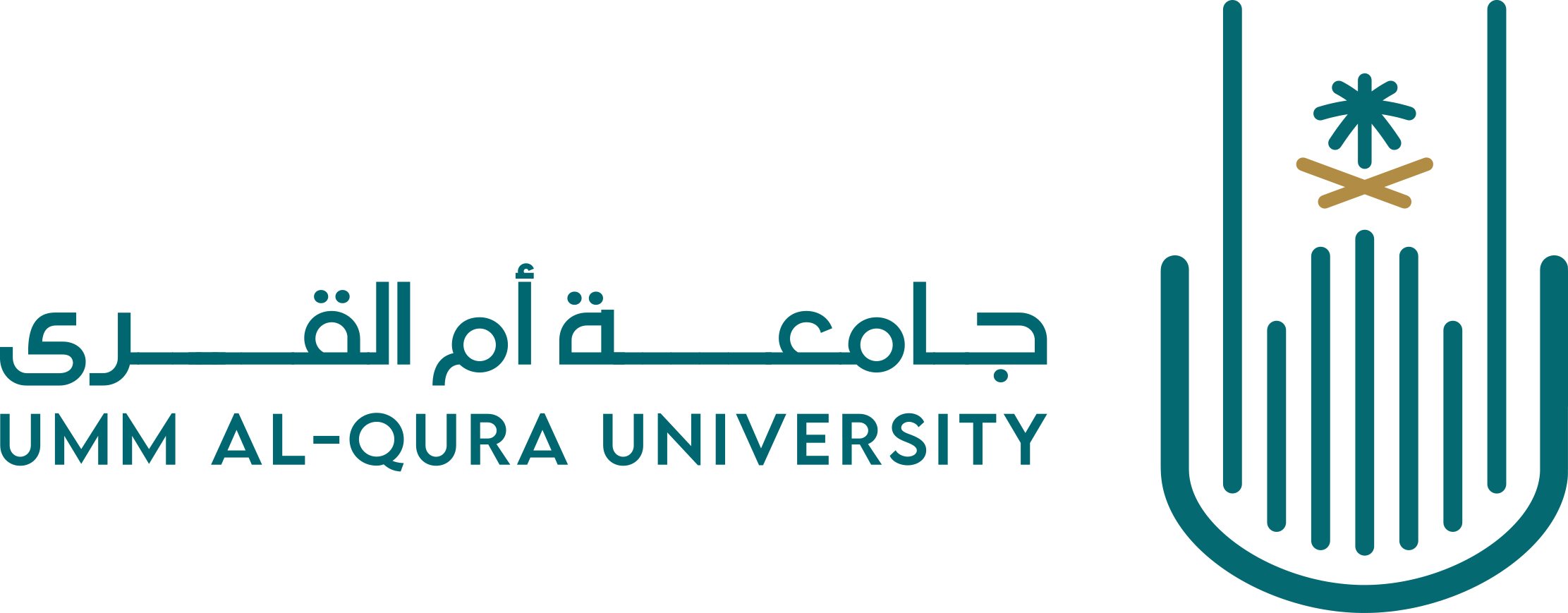- Communities& Collections
- Browse Items by:
- Issue Date
- Author
- Title
- Subject
Ubiquitous Computing for Safe and Efficient Pilgrimage Operations
Ubiquitous computing is an emerging computing paradigm where many computational devices are integrated in everyday objects and activities. The goal of many researches in ubiquitous computing has been to provide convenient and comfortable life to different sectors of the society (e.g., patients and elderly people). Systems that utilize Radio Frequency Identification (RFID) and Wireless Sensor Network (WSN) are popular examples of ubiquitous computing. WSN have proved promise in applications that provide physical environment monitoring. RFID applications have been utilized in asset identification in the supply chain. Integrating WSN with RFID holds the potential of introducing new ideas of applications in the Ubiquitous Computing paradigm. A system that integrates both RFIDs and WSNs in monitoring and tracking pilgrims can make the pilgrimage operations safer and more efficient. Such system can constantly monitor and track the whereabouts and conditions of the pilgrims. Authorities, and even pilgrims’ families, can utilize the system to gain real-time access to the pilgrims’ information. This information can be used by authorities to make decisions about whether to take actions. In addition, the information can be recorded for future study by concerned researchers for further improvement of the pilgrimage operations.
| Title: | Ubiquitous Computing for Safe and Efficient Pilgrimage Operations |
| Authors: | أبو العلا, عماد |
| Subjects :: | الأنظمة الإلكترونية للحج والعمرة تقنية RFID |
| Issue Date :: | 3-March-2008 |
| Publisher :: | معهد خادم الحرمين الشريفين لأبحاث الحج والعمرة - جامعة أم القرى |
| Series/Report no.: | أبحاث الملتقى العلمي الثاني بالمدينة المنورة;6 |
| Abstract: | Ubiquitous computing is an emerging computing paradigm where many computational devices are integrated in everyday objects and activities. The goal of many researches in ubiquitous computing has been to provide convenient and comfortable life to different sectors of the society (e.g., patients and elderly people). Systems that utilize Radio Frequency Identification (RFID) and Wireless Sensor Network (WSN) are popular examples of ubiquitous computing. WSN have proved promise in applications that provide physical environment monitoring. RFID applications have been utilized in asset identification in the supply chain. Integrating WSN with RFID holds the potential of introducing new ideas of applications in the Ubiquitous Computing paradigm. A system that integrates both RFIDs and WSNs in monitoring and tracking pilgrims can make the pilgrimage operations safer and more efficient. Such system can constantly monitor and track the whereabouts and conditions of the pilgrims. Authorities, and even pilgrims’ families, can utilize the system to gain real-time access to the pilgrims’ information. This information can be used by authorities to make decisions about whether to take actions. In addition, the information can be recorded for future study by concerned researchers for further improvement of the pilgrimage operations. |
| URI: | http://dorar.uqu.edu.sa//uquui/handle/20.500.12248/131160 |
| Appears in Collections : | 5- الدراسات العمرانية والتخطيطية ودراسات الحركة والنقل |
| File | Description | Size | Format | |
|---|---|---|---|---|
| Ubiquitous Computing for.pdf | ملخص البحث pdf | 206.12 kB | Adobe PDF |  View/Open |
| Ubiquitous Computing for.docx | ملخص البحث word | 14.71 kB | Microsoft Word XML | View/Open |
Items in D-Library are protected by copyright, with all rights reserved, unless otherwise indicated.



Comments (0)